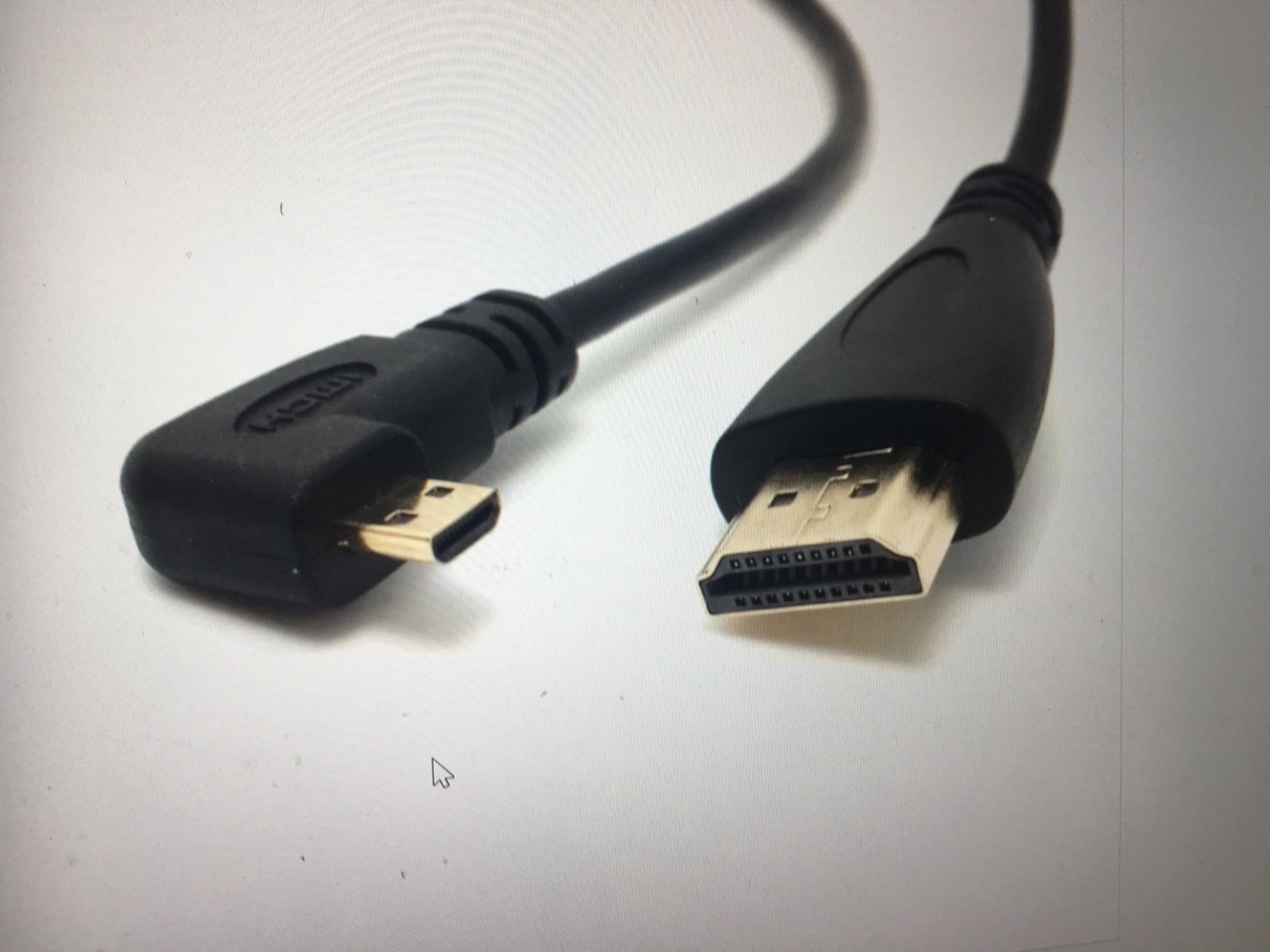Bending-resistant wires are also collectively referred to as: bend-resistant wires, flex-resistant wires, bend-resistant wires, movable cables, movement-resistant wires, and robot cables. More and more industrial fields use automated design and production of bend-resistant wires that are resistant to bending and movement. Robot cables are like the central system of industrial robots. They must adapt to the different intensities of movement characteristics of the robot in the working environment. Bending resistance test methods include left and right bending tests, U-shaped up and down bending tests, moving bending tests, torsion tests, drag chain bending tests, etc. A variety of methods to ensure that the wire can maintain stable performance under various conditions.Among these bending test methods, they truly simulate the endurance conditions of robot cables in industrial automation environment field conditions. Jinlai Electronics' bend-resistant wires also provide high operational performance, endurance conditions, and optimized quality. Complies with JIS and other 'Electrical and Material Safety Act' regulatory requirements.
Bending-resistant wires are a type of specially designed cable with excellent flex resistance and resistance to bending.It is widely used in industrial fields, especially robot systems for automated design and production.This kind of wire is not only the central system of the robot, but also provides efficient operation performance for industrial robots.
Characteristics of twist-resistant wires:
Flexibility resistance: Specially designed, it has excellent flexibility resistance and can adapt to robot movement characteristics of different strengths.
Endurance conditions: Comply with JIS and other 'Electrical and Material Safety Act' specifications to ensure safe operation in various industrial environments.
Automated production: Suitable for automated production to meet the needs of modern industry for efficient and accurate robot systems.
Diverse applications: Not only used in robot systems, but also widely used in other industrial equipment that require cables that can withstand bending.
Test Methods:
Bending resistance test methods include left and right bending test, U-shaped up and down bending test, moving bending test, torsion test, drag chain bending test and other methods to ensure that the wire can maintain stable performance under various conditions.
Application scenarios:
Industrial robot system
Automated manufacturing line
Machinery equipment and industrial automation applications















